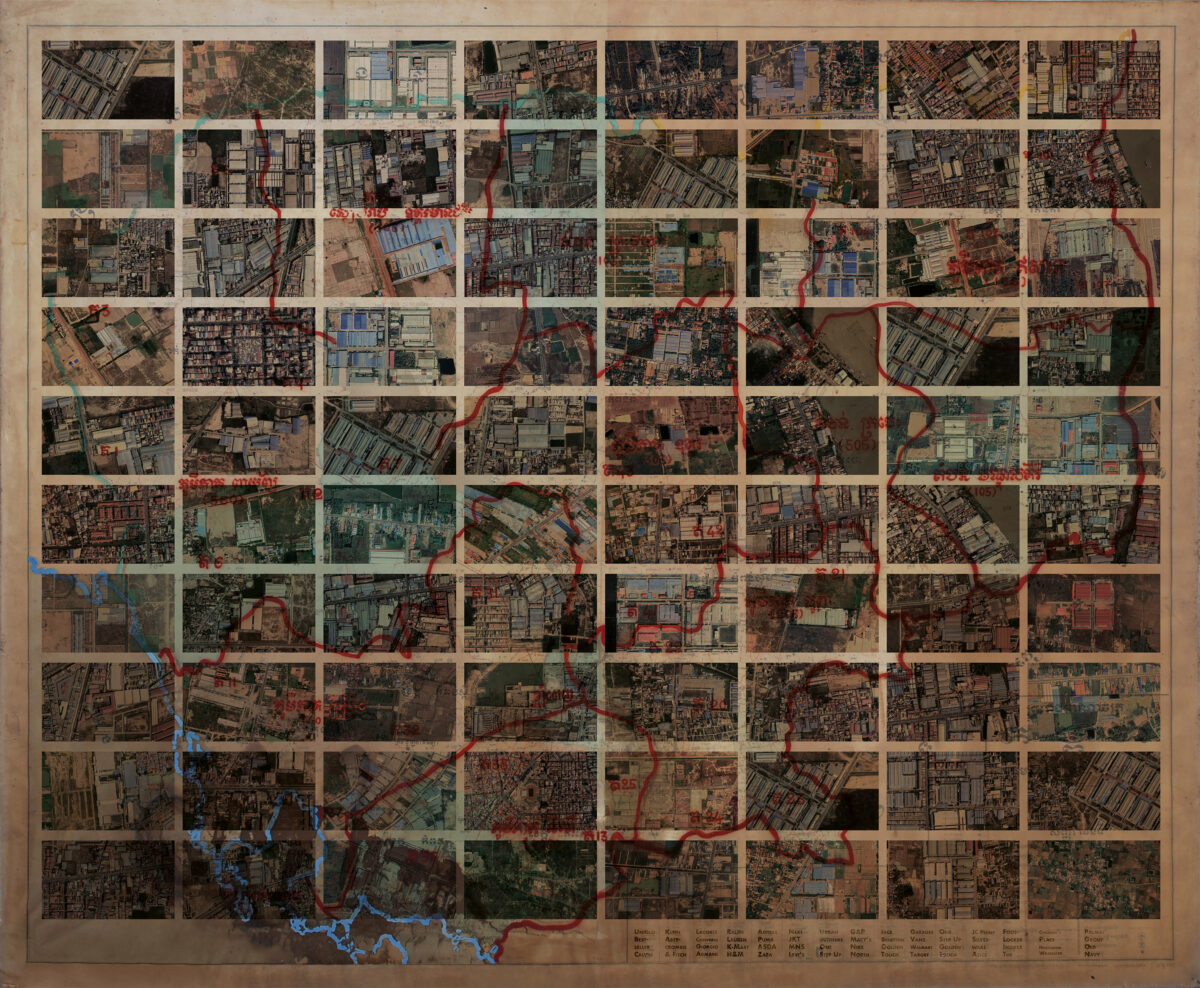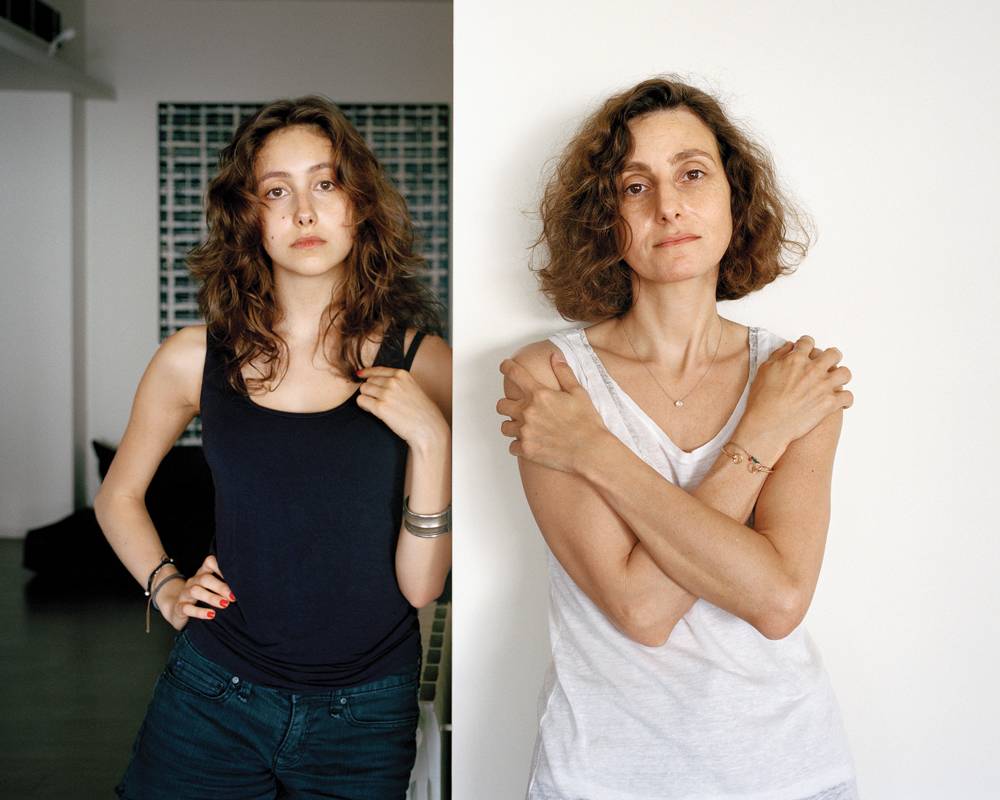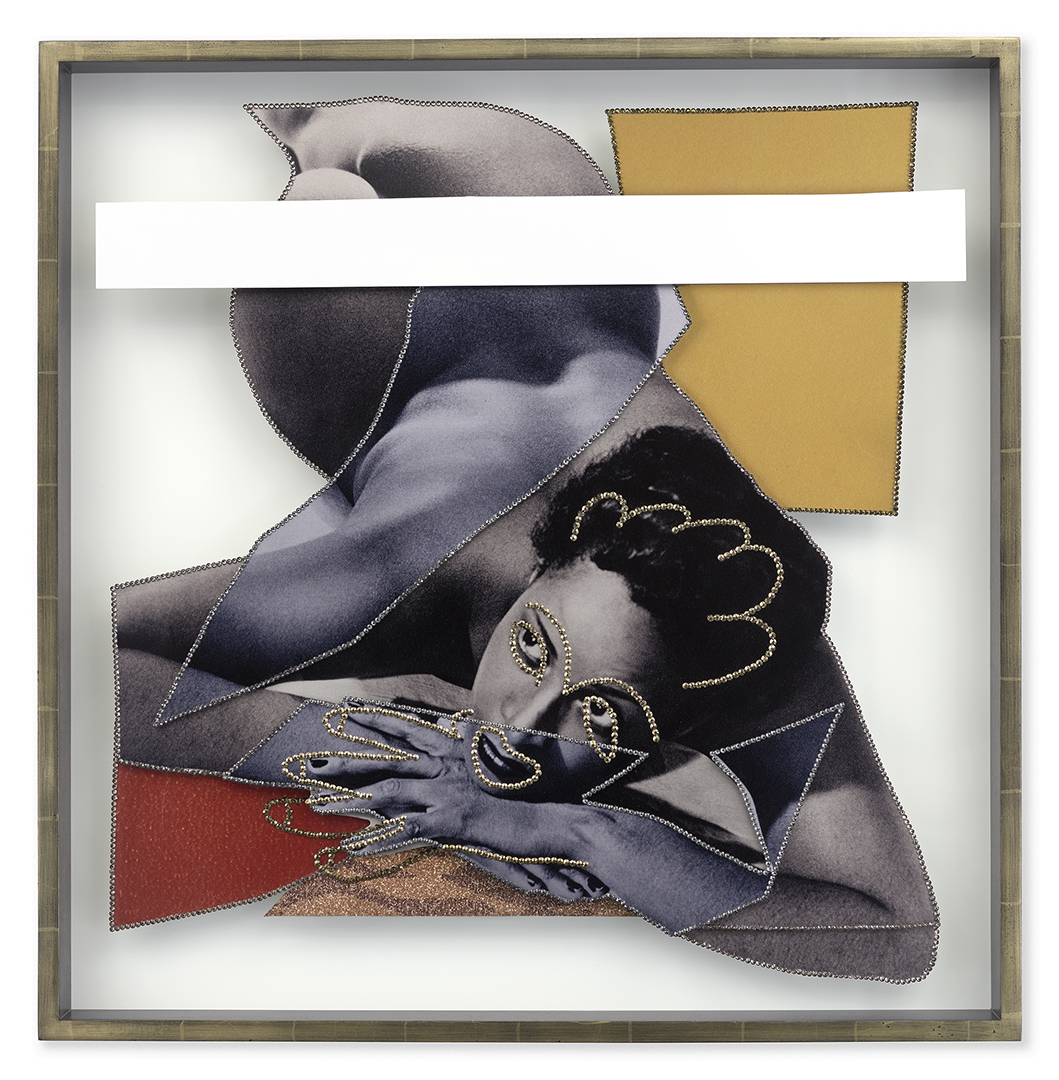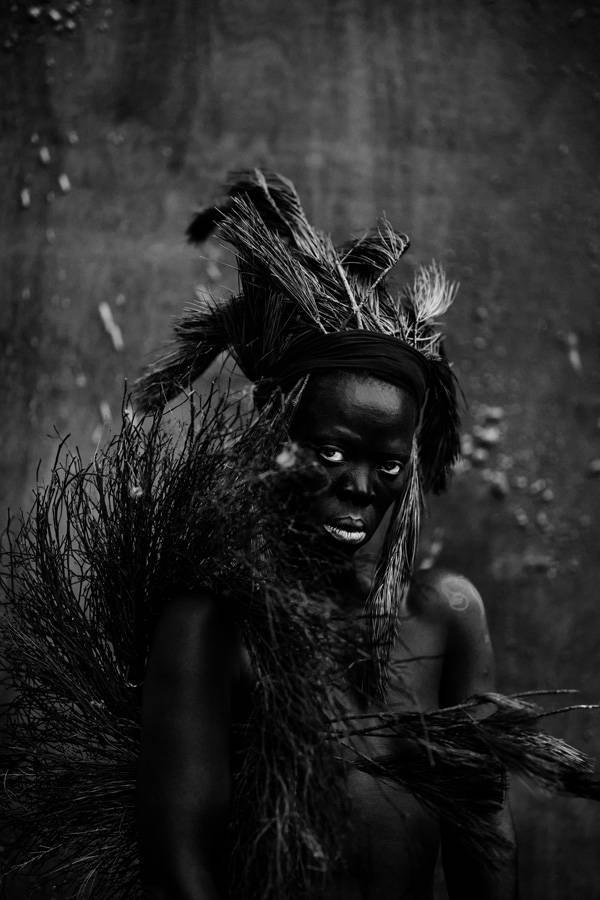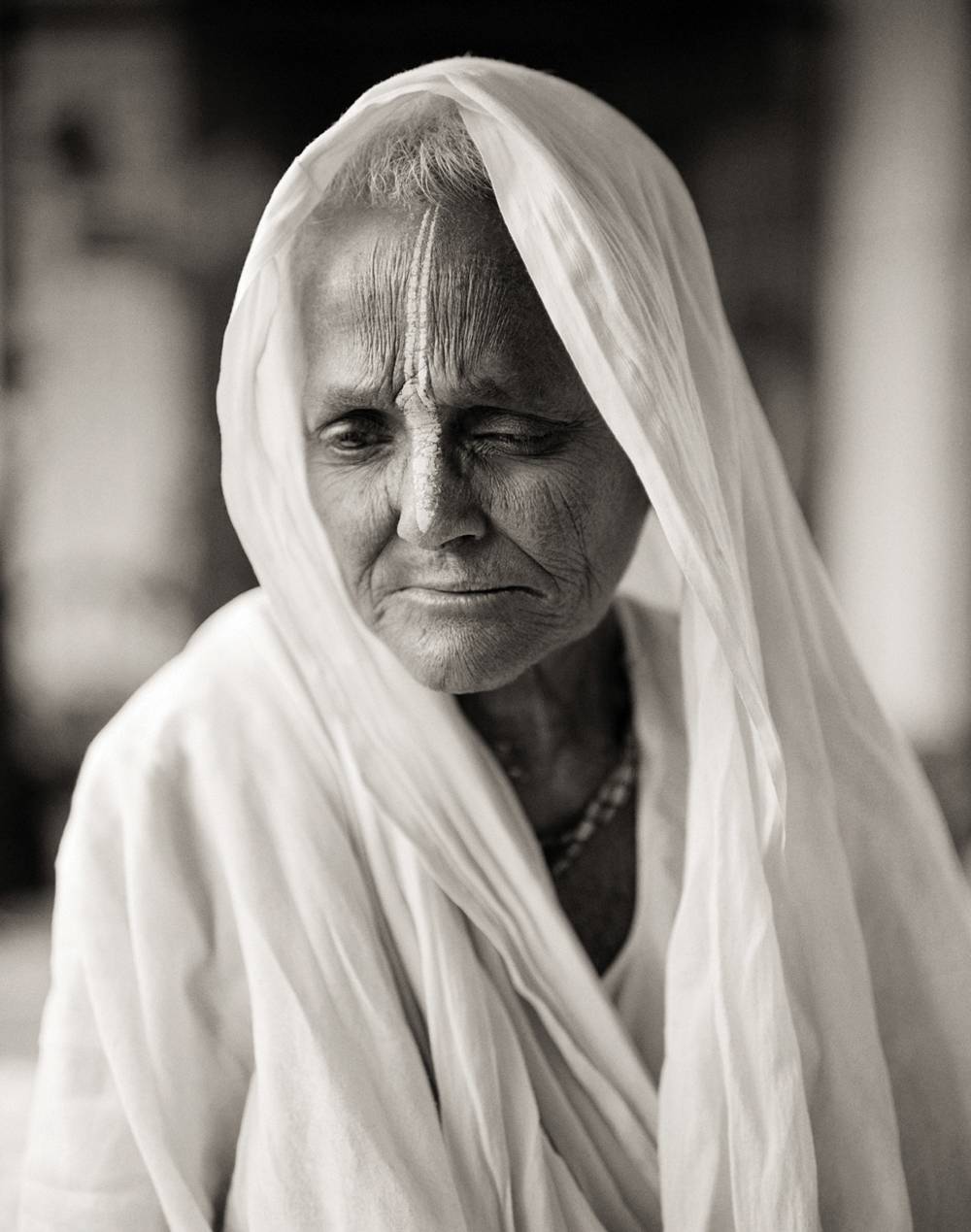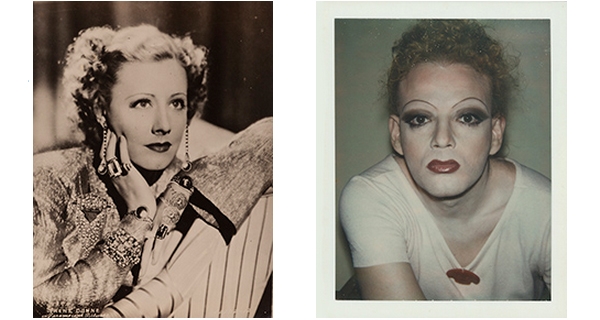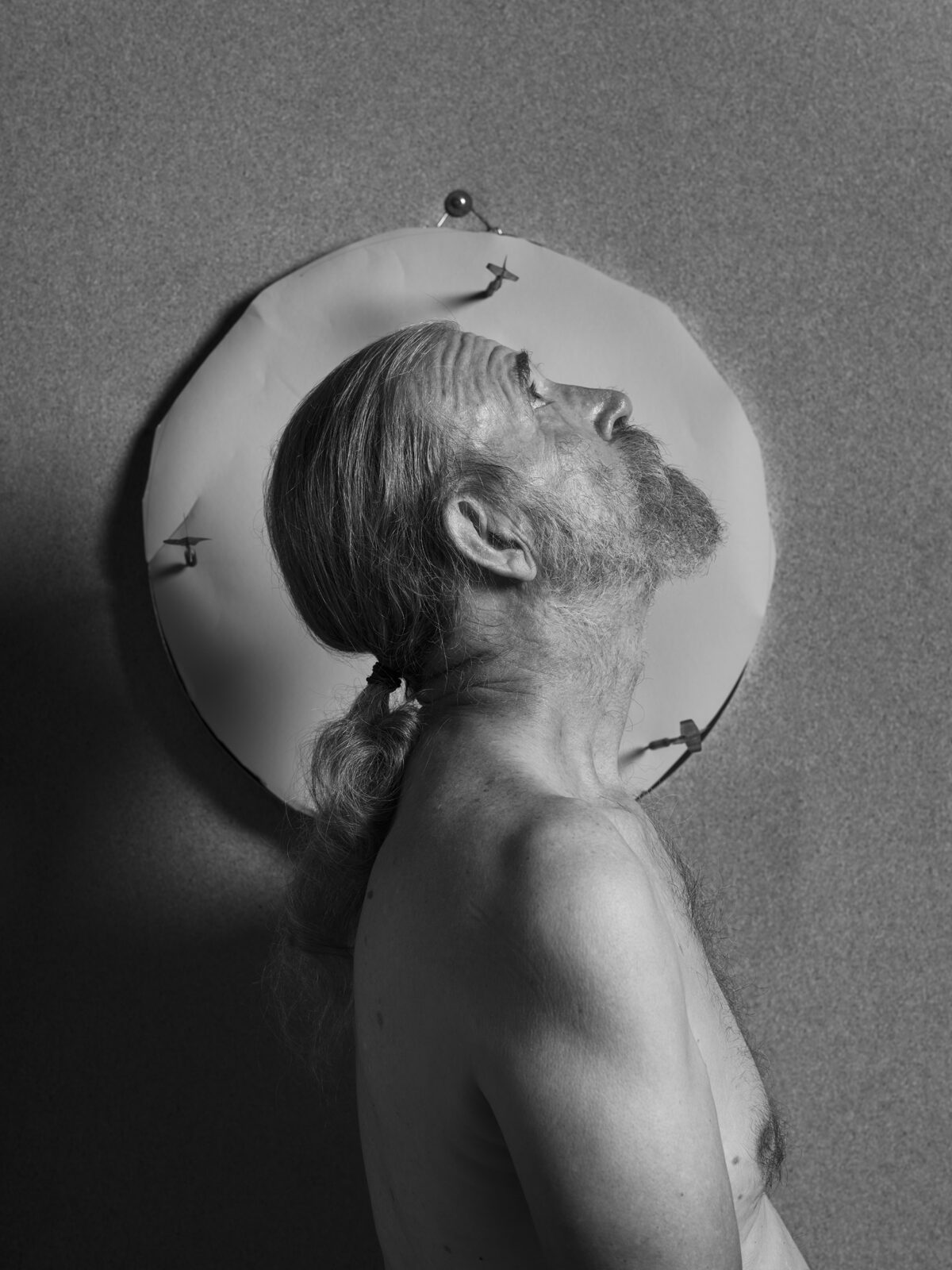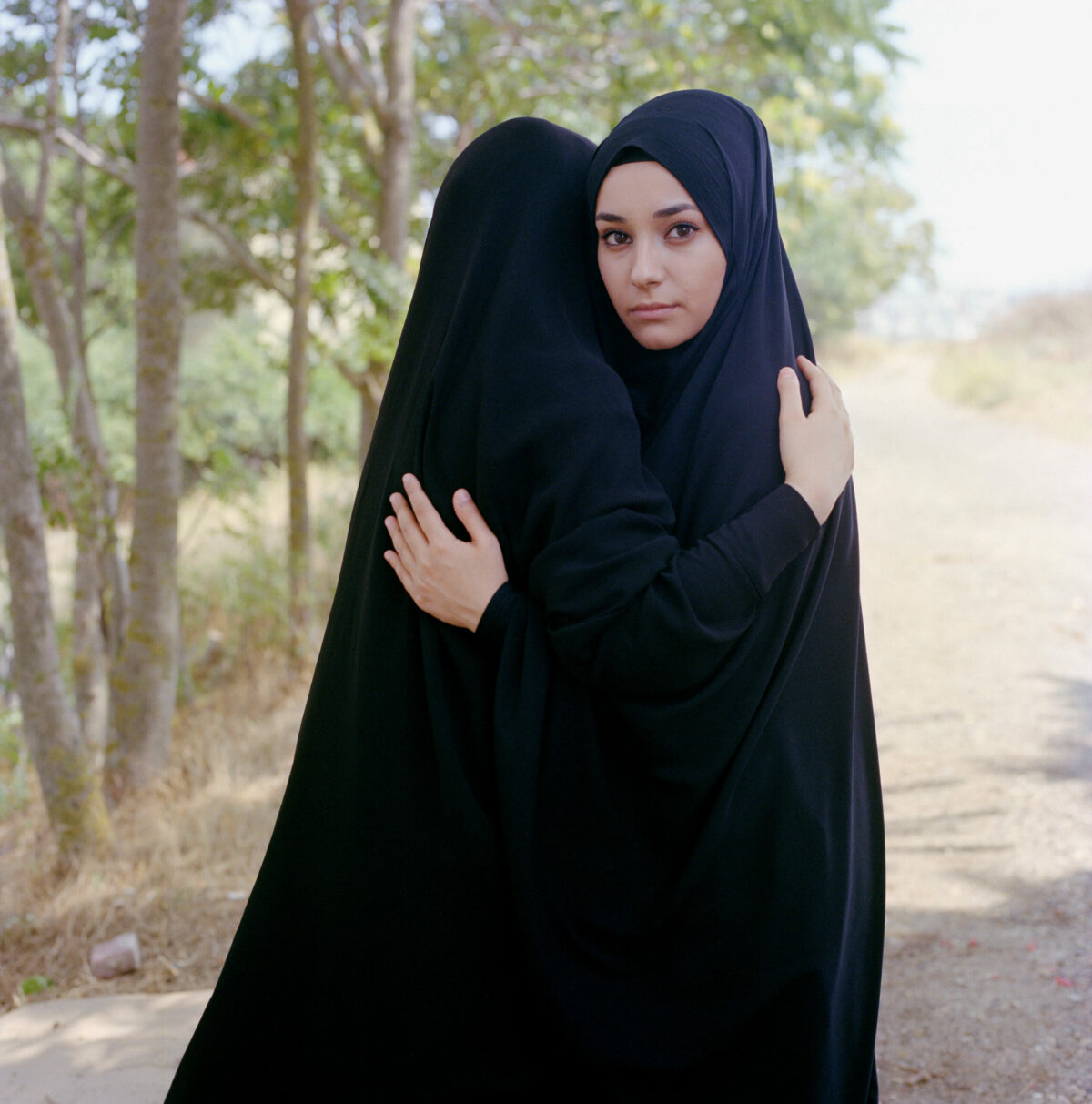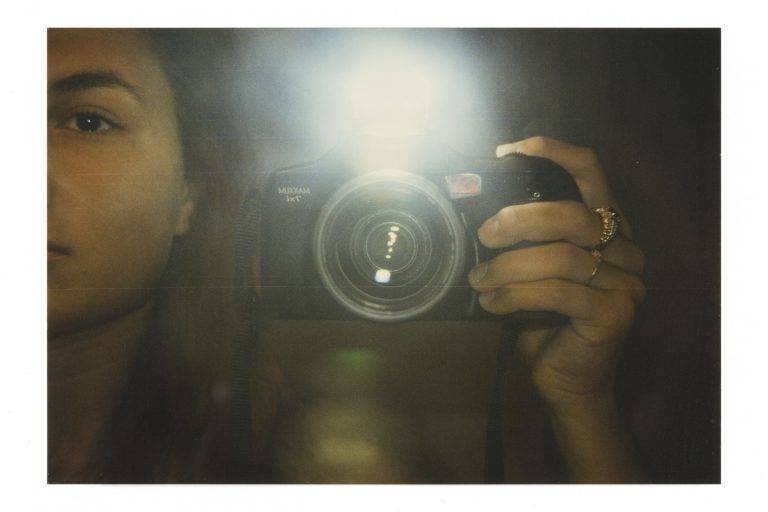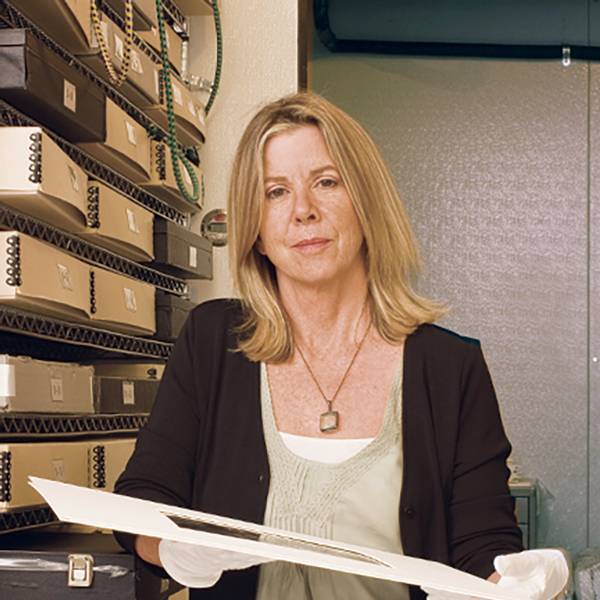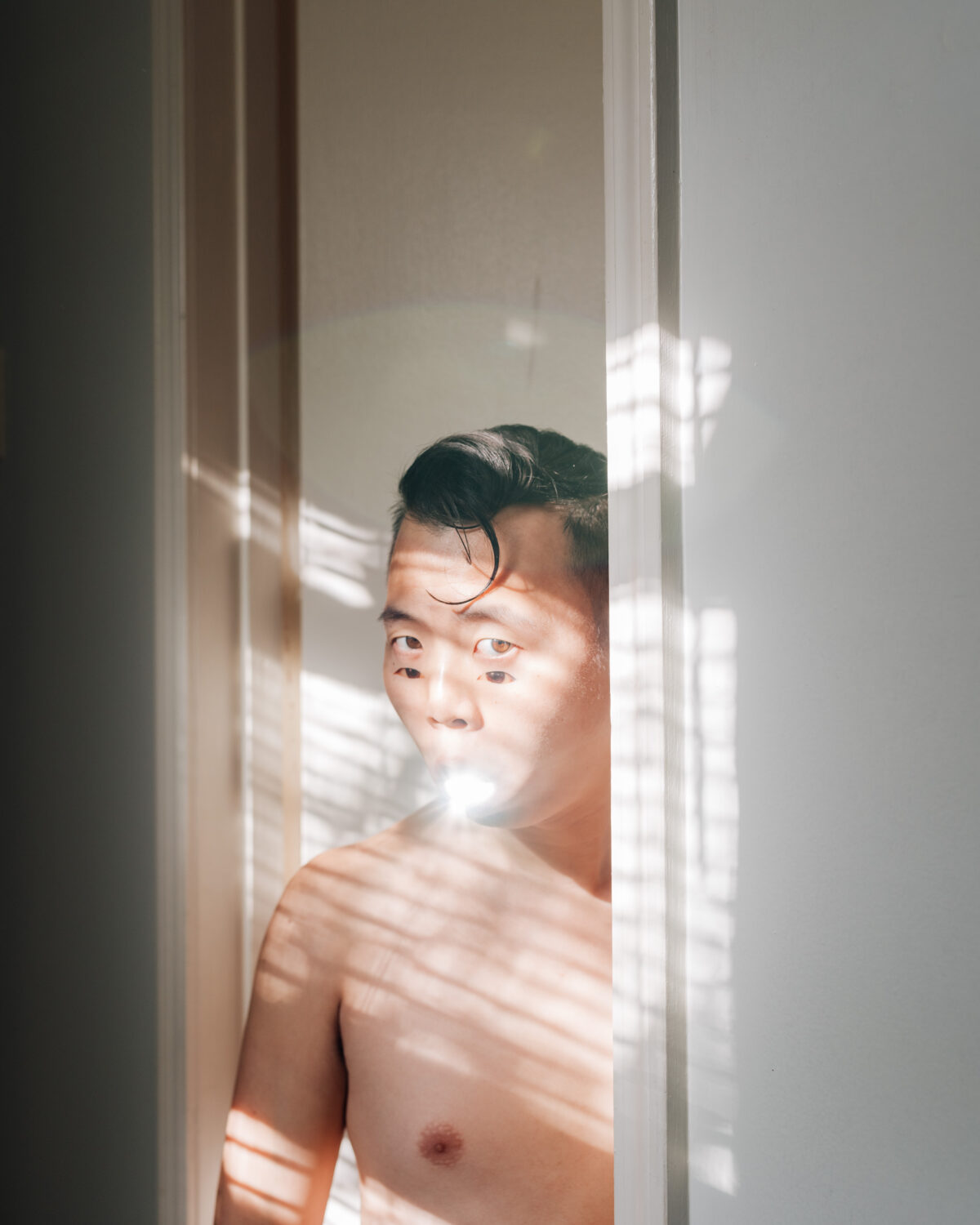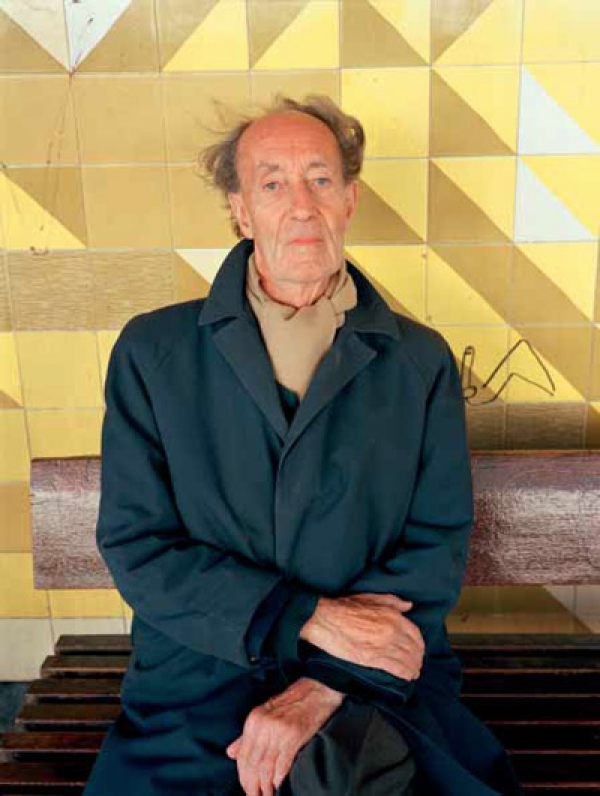

British photographer Tom Wood may not be as well known as his fellow Brits Martin Parr or Paul Graham, but he should be, and New Yorkers have another week to see a selection of photographs from two upcoming books, Men and Women (Steidl) at Thomas Erben Fine Art (though July 12). Not unlike the American photographer Mark Cohen, longtime resident of Wilkes-Barre, Pennsylvania, where he has photographed for decades, Wood has photographed in and around the English county of Merseyside, where he lived for more than 25 years. (He now lives in North Wales.) He became such a fixture there that the local kids called him Photie Man, the title of his well-regarded 2005 book.
Wood’s photographs are intuitive and deceptively casual. It’s tempting to categorize them as documentary photographs of a lower-middle-class English town, but Wood himself is quite clear that he is not a documentary photographer. “You are after this intangible thing which is not a document,” he told the Guardian. “You can photograph the same face 50 times and 49 are not interesting, but one is and it goes to another place.”
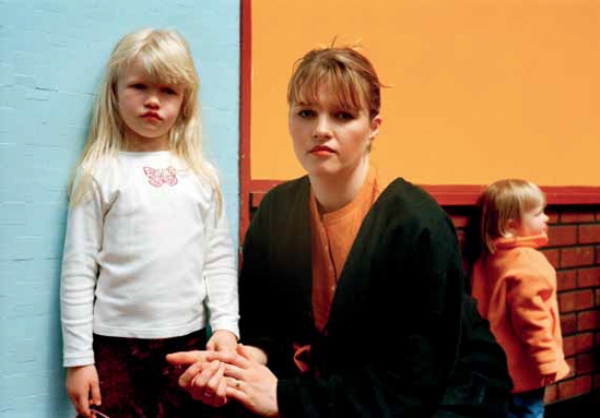

That other place is not just about content, but about formal concerns like composition and color: the bright orange that echos through one quadrant of a photograph, from a wall to a shirt to a woman’s lipstick, for example, or the tilt of a well-dressed man’s head. In other images, Wood plays with reflections and windows, complicating the picture plane by compressing the depth of field. But that other place is also about Wood’s empathetic approach to his subjects – appraising but not judgmental, clear-eyed and empathetic.
There are black-and-white photographs here as well, including Charlie and Alan in Granny’s Chair, all draped and entangled limbs in a gesture of casual affection. Wood takes advantage of the formal properties of different kinds of film, different kinds of formats, odd angles. Haphazard as they may seem at first glance, Wood’s photographs are thoughtful and assured portraits of small-town life.

